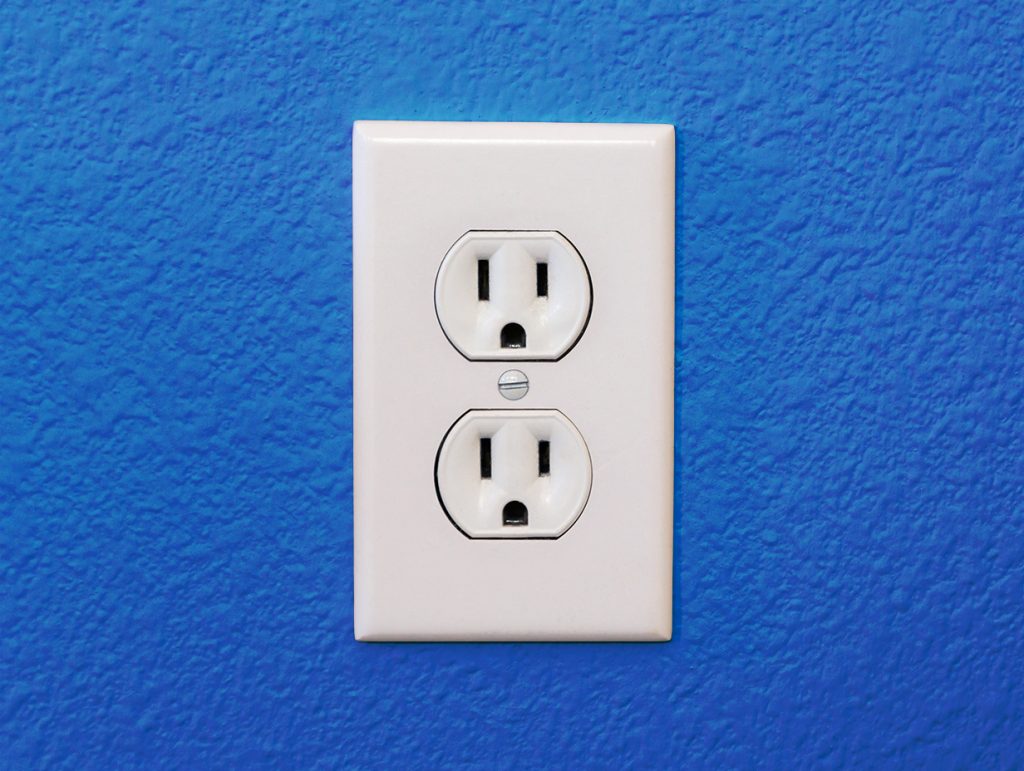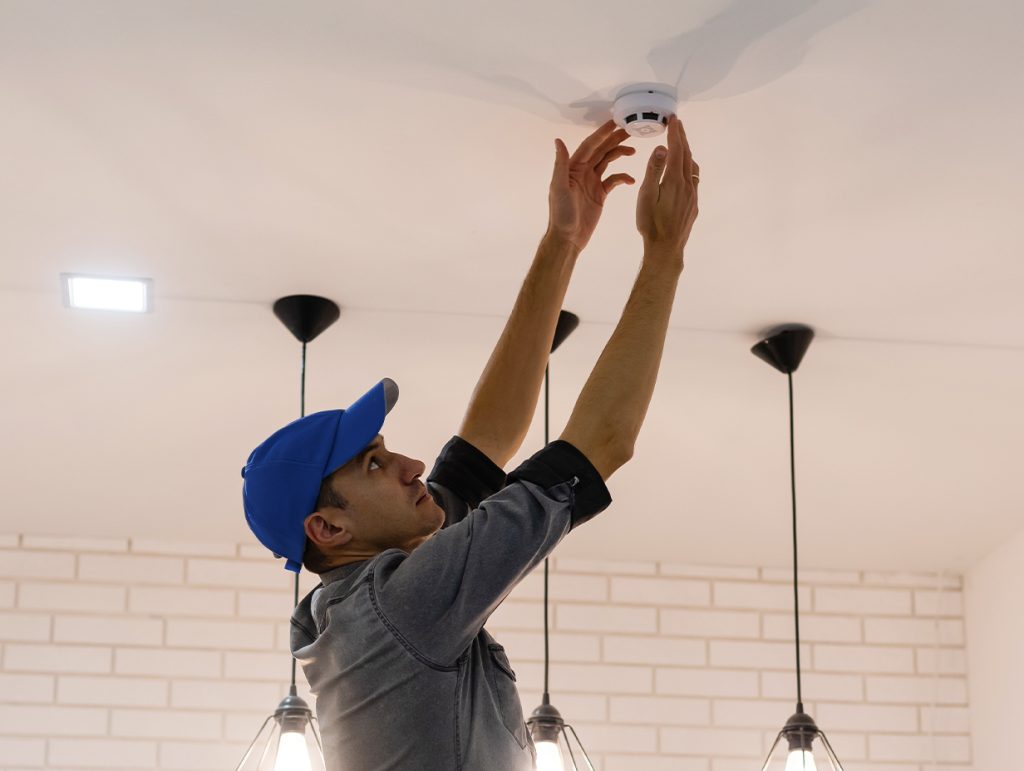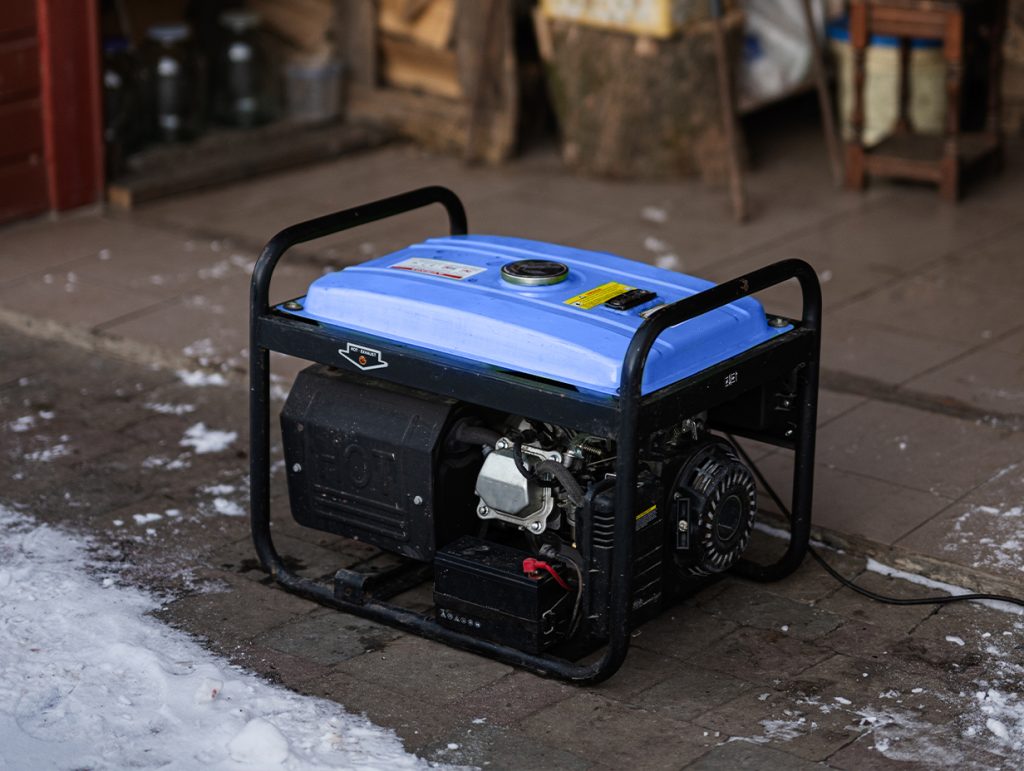Finishing or upgrading your basement is one of the best ways to increase both the comfort and value of your home. Whether you’re creating a cozy family room, a functional home office, or a rental suite, your electrical system plays a critical role in how safe, practical, and enjoyable the space will be.
Electrical planning often gets overlooked in basement renovations—but skipping this step can lead to costly changes later, safety concerns, or limited functionality. Before the drywall goes up, it’s important to ensure your basement has the right outlets, lighting, and power capacity to support your lifestyle.
In this article, we’ll walk through the electrical must-haves for your basement renovation—from lighting zones to outlet placement—so you can design a space that’s safe, functional, and future-proof.
Why Electrical Planning Matters in Basement Renovations
Basements present unique challenges compared to other parts of the home. Limited natural light, multiple uses (living space, storage, rental), and the need to meet building code requirements all add complexity to electrical planning.
Some of the most common issues we see during basement renovations include:
- Insufficient lighting that makes the space feel dark or unwelcoming.
- Overloaded circuits due to added appliances or entertainment systems.
- Too few outlets, leading to unsightly extension cords and power bars.
- Code violations that can cause inspection failures or future resale headaches.
Taking a proactive approach to electrical design ensures your basement works for your needs today—and adapts to whatever changes come down the road.
Essential Electrical Must-Haves
1. Adequate Power Supply & Panel Load
Before adding anything to your basement, check whether your electrical panel can handle the additional demand. Basements often include high-draw items like heaters, home gyms, or even a kitchenette, which can strain an older panel.
Key considerations:
- Have a licensed electrician perform a panel load calculation to determine if an upgrade is needed.
- Consider adding a sub-panel dedicated to the basement for easier access and future expansion.
- If you plan to create a rental suite, remember that separate circuits or panels may be required to meet code.

2. Strategic Outlet Placement
Outlets are one of the simplest yet most important details in any renovation. The right placement reduces clutter, improves safety, and makes the space more versatile.
Best practices for basement outlets:
- The Canadian Electrical Code (CEC) requires that no point on a wall be more than 1.8 meters (6 feet) from a general-purpose receptacle, meaning the maximum distance between two outlets on a continuous wall is 3.6 meters (12 feet). This applies to walls that are 900 mm (approximately 3 feet) or more in width. In hallways, this distance increases to 4.5 meters (15 feet).
- Add extra outlets near TVs, desks, or workout areas to avoid using messy extension cords.
- Install dedicated outlets for appliances such as freezers, sump pumps, or bar fridges.
- Consider USB outlets for convenient charging in living areas or bedrooms.
3. Layered Lighting Zones
Lighting can transform a basement from dark and cramped to bright and inviting. Because basements typically lack natural light, a layered approach is essential.
Three key lighting layers:
- Ambient Lighting – Recessed pot lights or flush-mount fixtures provide general illumination.
- Task Lighting – Pendant lights, under-cabinet lighting, or track lights enhance workspaces such as bars, offices, or craft tables.
- Accent Lighting – Wall sconces, LED strips, or spotlights add warmth and highlight architectural features.
Tip: Install dimmer switches to adjust the brightness depending on the activity—movie night, studying, or entertaining.
4. Heating and Ventilation Support
Basements often run cooler than the rest of the home. If you’re relying on electric heaters or HVAC add-ons, plan accordingly.
- Ensure circuits can handle the load of baseboard heaters or portable units.
- Add wiring for a ceiling fan or ventilation system to improve air circulation.
- If your HVAC system is being extended, confirm the electrical setup supports the additional demand.

5. Smoke and Carbon Monoxide Detectors
Safety is non-negotiable in any renovation. Building codes typically require interconnected smoke and CO detectors in basement living spaces.
- Smoke alarms must be installed on each floor level, including basements, 900 mm or more above or below an adjacent floor level. Each bedroom must be protected by a smoke alarm either in the bedroom or outside. If outside the bedroom, it must be installed within 5 m of a bedroom door.
- For rental suites, detectors must often be hardwired and interconnected for compliance.
- Choose combination units to save space and simplify installation.
6. Future-Proofing with Smart Technology
Basement renovations are a long-term investment, so it makes sense to plan for future needs. Even if you’re not ready to install them now, pre-wiring for smart systems saves time and money in the long run.
Consider adding wiring for:
- Smart lighting that integrates with home automation systems.
- Ethernet connections for faster internet in offices or entertainment spaces.
- Security cameras or alarm systems, especially if the basement has exterior access.
7. GFCI and AFCI Protection
Basements are prone to moisture, making Ground Fault Circuit Interrupter (GFCI) outlets essential for safety. These outlets protect against shocks in areas near sinks, bars, or laundry.
Additionally, Arc Fault Circuit Interrupters (AFCIs) are required on many circuits to prevent electrical fires caused by wiring faults. An electrician can ensure all circuits meet the latest code requirements.
8. Dedicated Circuits for Appliances and Entertainment
If your basement includes a bar, home theatre, or laundry area, dedicated circuits prevent tripping breakers and ensure stable performance.
- Home theatres often require a separate circuit to handle AV equipment.
- Laundry areas need dedicated outlets for washers and dryers.
- Kitchenettes may need circuits for microwaves, dishwashers, or small fridges.

9. Emergency and Backup Power
Basements can be vulnerable during power outages, especially if they house sump pumps or freezers.
- Ensure critical appliances like sump pumps are on dedicated circuits.
- Consider adding a backup generator hookup to protect against flooding or food spoilage.
Working with a Licensed Electrician
Electrical work isn’t just about convenience—it’s about safety and compliance. Hiring a licensed electrician ensures your basement meets all local codes, passes inspections, and protects your investment.
At Kreistrom, we specialize in residential electrical upgrades, including basement renovations. From planning outlet placement to upgrading panels, our team helps you design a basement that’s safe, functional, and built to last.
Build a Basement That Works for You
Your basement has the potential to become one of the most versatile spaces in your home—but only if the electrical foundation is done right. By planning ahead with the right power supply, outlet placement, lighting zones, and safety measures, you’ll avoid costly mistakes and create a basement that’s as practical as it is inviting.
If you’re planning a renovation, don’t leave the electrical details to chance. A professional assessment ensures your new basement is safe, future-ready, and tailored to your needs. Contact Kreistrom today to start planning the electrical must-haves for your basement renovation.
Electrical Basement Renovation FAQs
Why is electrical planning important for a basement renovation?
Proper planning ensures your basement is safe, functional, and future-proof. It prevents overloaded circuits, insufficient lighting, and code violations, while supporting your intended use—whether that’s a family room, office, rental suite, or home gym.
How many outlets should I install in my basement?
The Canadian Electrical Code (CEC) requires that no point on a wall be more than 1.8 meters (6 feet) from a receptacle, meaning outlets should be spaced roughly every 12 feet on continuous walls. Additional outlets are recommended near TVs, desks, or appliances to avoid extension cords.
What types of lighting are best for a basement?
A layered approach works best:
- Ambient Lighting – recessed or flush-mount fixtures for overall illumination.
- Task Lighting – under-cabinet lights, pendants, or track lights for work areas.
- Accent Lighting – LED strips or sconces to highlight features and create warmth. Dimmer switches add flexibility.
Check out our lighting guide here.
Do I need a panel upgrade for a basement renovation?
Possibly. Basements often house high-draw appliances like heaters, laundry machines, or home theatres. A licensed electrician can perform a panel load calculation and recommend a sub-panel or upgrades if needed to handle added demand safely.
What safety features are required in a basement?
- GFCI outlets near water sources (sinks, bars, laundry areas) to prevent shocks
- AFCI protection on many circuits to prevent electrical fires
- Smoke and carbon monoxide detectors, hardwired and interconnected for compliance, especially in rental suites
Should I plan for smart technology during my basement renovation?
Yes. Pre-wiring for smart lighting, Ethernet, security cameras, or alarm systems saves time and money in the future and ensures your basement is ready for upgrades without costly retrofits.
Why are dedicated circuits important in a basement?
Dedicated circuits prevent tripped breakers and provide stable power for high-draw areas like laundry, home theatres, or kitchenettes, ensuring equipment operates safely and efficiently.
Can a licensed electrician help with emergency or backup power for my basement?
Yes. Critical systems like sump pumps or freezers can be put on dedicated circuits, and electricians can install backup generator hookups to protect your basement during outages.
How can I ensure my basement renovation meets local codes in Airdrie?
Hiring a licensed electrician ensures compliance with the Canadian Electrical Code and Alberta-specific amendments. This prevents inspection failures, fines, and safety hazards, while protecting your investment.
Who is the best electrician for basement renovations in Airdrie?
Kreistrom Electrical & Controls is a great and qualified choice. Their licensed electricians plan and install outlets, lighting, panels, and safety systems, ensuring your basement renovation is safe, code-compliant, and tailored to your needs.











